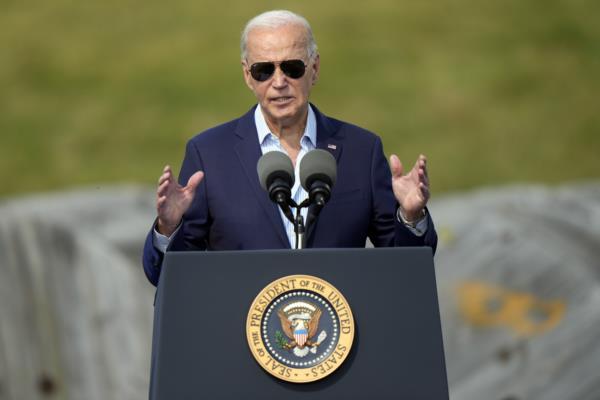
President Joe Biden is set to visit St. Petersburg, Florida, to assess the aftermath of Hurricane Milton and unveil over $612 million in projects aimed at enhancing electric grid resilience. This initiative comes in response to the escalating frequency and severity of storms, which have strained federal disaster-relief funding.
The funding announcement includes $94 million designated for projects in Florida, with $47 million allocated to Gainesville Regional Utilities and $47 million to Switched Source in partnership with Florida Power and Light. These investments are part of Biden's commitment to fortifying the nation's electric grid, particularly in the face of extreme weather events.
The disbursement of funds will be overseen by the Department of Energy's Grid Resilience and Innovation Partnerships Program, as nearly 1.5 million customers grapple with power outages in the wake of recent hurricanes.
While presidential visits to disaster areas typically transcend political divides, Biden's interactions with Republican leaders, including Florida Governor Ron DeSantis and Georgia Governor Brian Kemp, have underscored bipartisan cooperation in the face of crisis. The president has commended state and local officials for their efforts to combat misinformation and ensure the efficient delivery of aid to affected communities.



Vice President Kamala Harris has also been actively engaged in touring disaster sites and liaising with local authorities, although tensions between her and Governor DeSantis have surfaced, with accusations of political posturing on both sides.
During his recent trip to Florida, Biden met with Senator Rick Scott and emphasized the importance of unity in responding to natural disasters. While the president did not hold a formal meeting with Governor DeSantis, he acknowledged the governor's cooperation and expressed willingness to engage further.
As Biden continues to navigate the challenges posed by climate-related disasters, his administration remains focused on bolstering infrastructure resilience and fostering bipartisan collaboration to address the urgent needs of affected communities.







